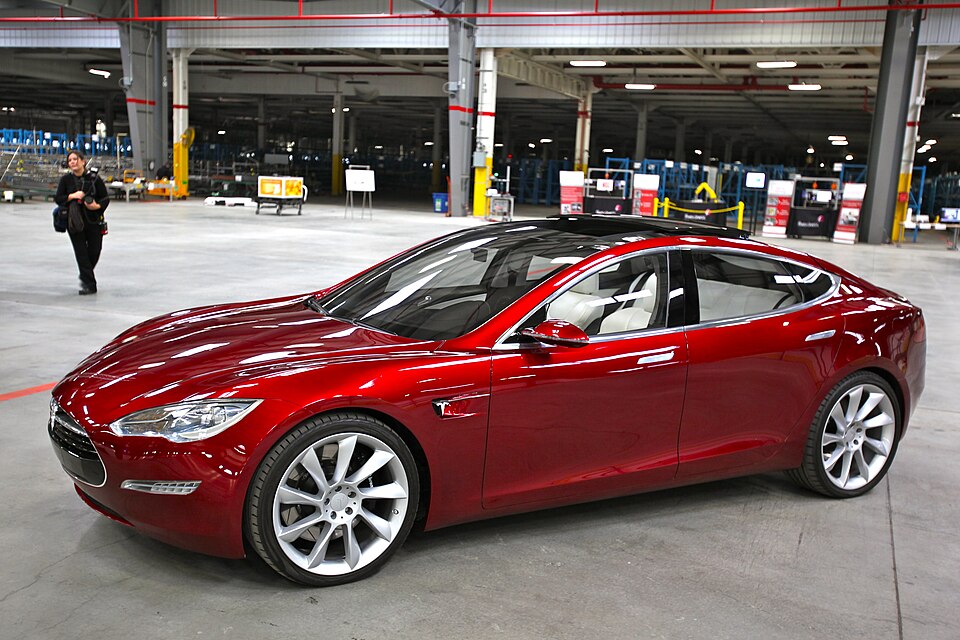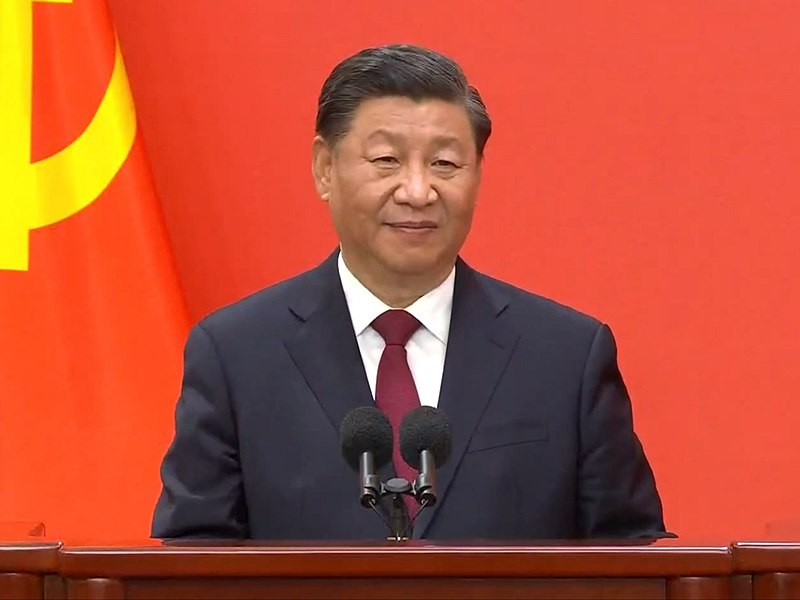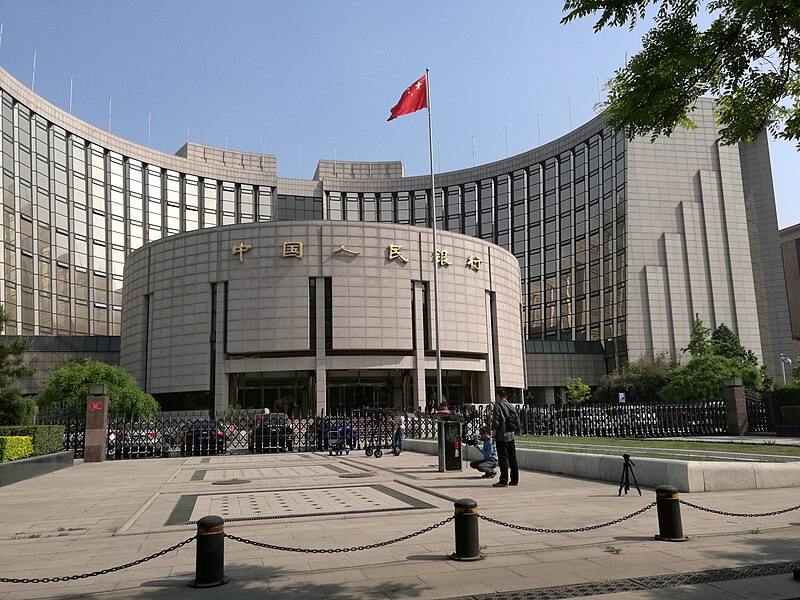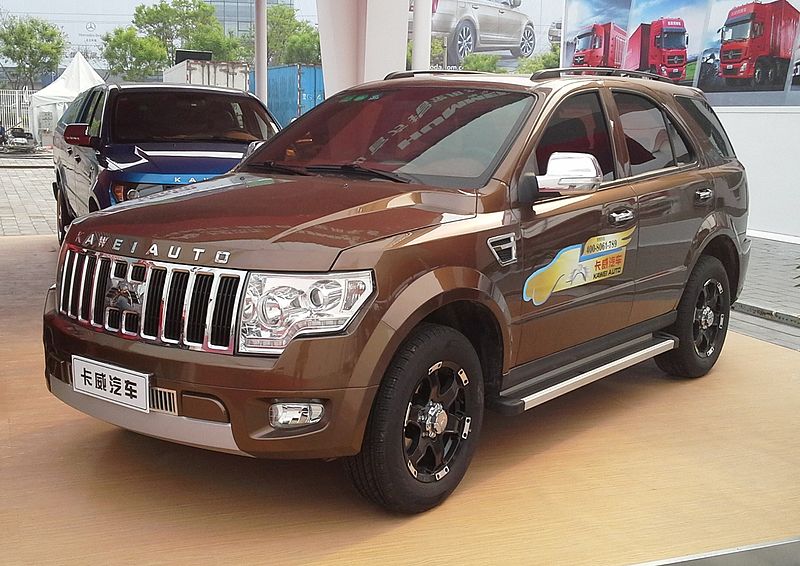
Electric and hybrid vehicles are rapidly gaining ground across Europe, outpacing traditional petrol and diesel cars. But despite the surging demand, Tesla is struggling to maintain its foothold.
New data from the European Automobile Manufacturers' Association shows that from January to May 2025, battery-electric vehicles (BEVs) accounted for 15.4% of new car registrations in the EU — up from 12.1% during the same period last year. Hybrid vehicles performed even better, seizing a 35.1% market share.
At the same time, internal combustion engine vehicles are declining. Petrol cars dropped from 35.6% to 28.6%, and diesel models fell to just 9.5% in May.
This shift is especially pronounced in major markets. Germany, Belgium, and the Netherlands saw double-digit growth in EV sales. France, however, bucked the trend, with BEV sales down 7.1%. Hybrid sales were strong in both France and Spain, jumping 38.3% and 34.9%, respectively.
Yet Tesla — once synonymous with the EV revolution — is now falling behind.
The company saw a steep 45.2% year-over-year drop in EU registrations during the first five months of 2025, falling from 91,996 vehicles to 50,413. In May alone, Tesla’s EU market share slipped from 1.6% to just 0.9%. Across Europe more broadly, including the UK and Switzerland, Tesla’s decline was nearly as sharp, with registrations down 37.1%.
Tesla’s decline comes as the company contends with intensifying competition and growing brand challenges in Europe — its third-largest market after the U.S. and China. CEO Elon Musk’s controversial political statements have sparked widespread protests, with backlash particularly strong over his support for Germany’s far-right AfD party and ties to former U.S. President Donald Trump. Tesla showrooms across Europe have faced protests and vandalism in response.
Meanwhile, Chinese automakers are gaining ground fast. BYD, a state-backed EV manufacturer from China, outsold Tesla in Europe for the first time in April, delivering 7,230 vehicles — just edging past Tesla’s 7,165. BYD is aggressively expanding its lineup with affordable models like the Dolphin Surf hatchback.
In the UK, where Chinese EVs face no import tariffs, BYD’s sales skyrocketed over 400% in May year-over-year. Tesla’s, by contrast, dropped 36%.
Analysts warn Tesla could lose more ground if it doesn’t refresh its model lineup or offer more competitive pricing. It now faces threats not only from legacy automakers like Volkswagen and Renault but also from agile, well-funded Chinese newcomers.
Tesla’s long-promised robotaxi project, which launched a limited rollout in Austin this June, offered a temporary stock bump and a $19 billion boost to Musk’s net worth. But analysts say the impact is mostly symbolic for now, noting that regulatory and operational challenges remain before robotaxis can significantly affect Tesla’s business in Europe or beyond. Photo by jurvetson (Steve Jurvetson), Wikimedia commons.































